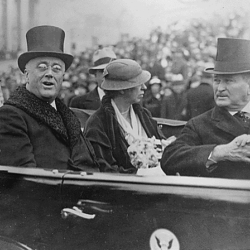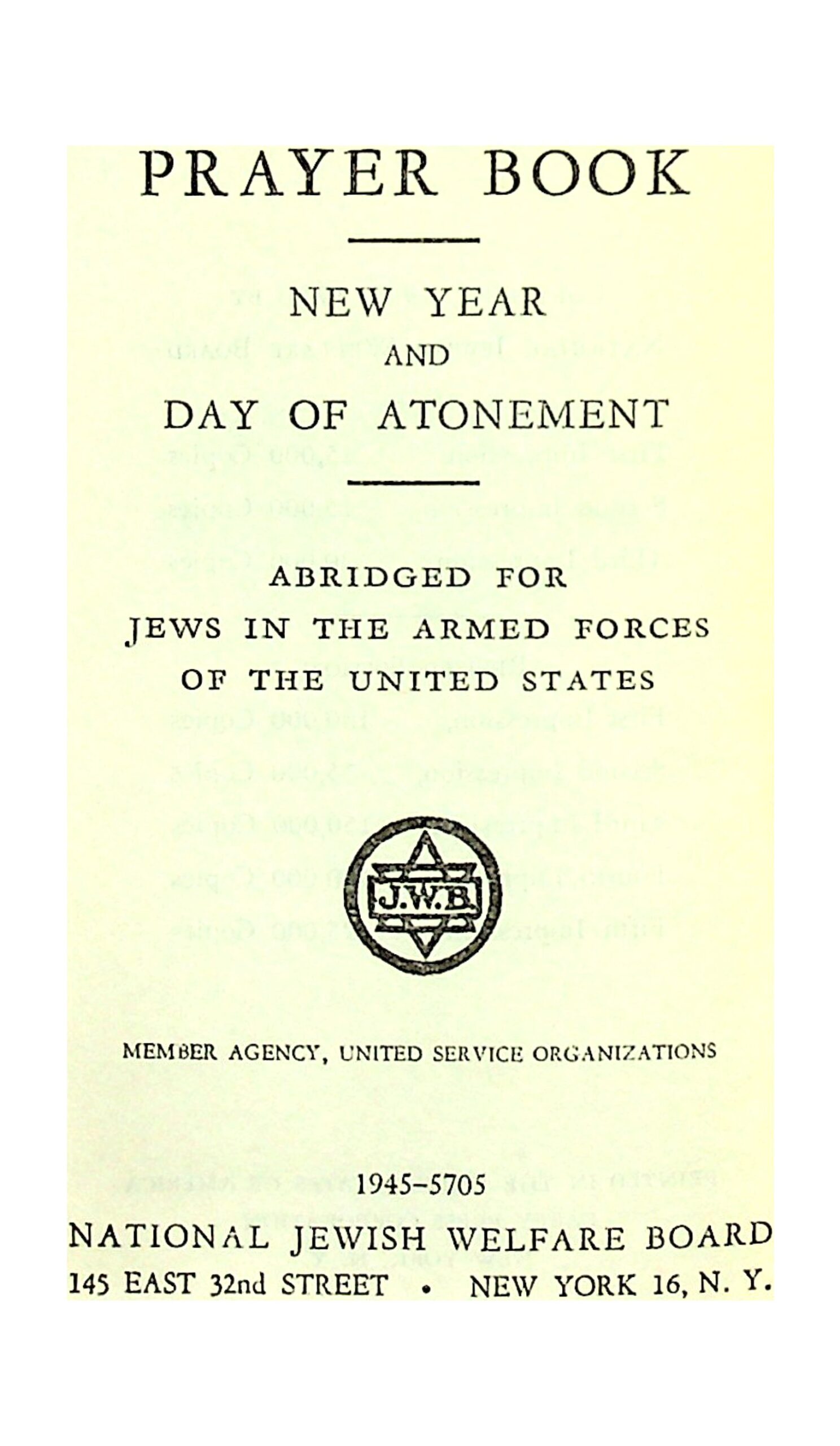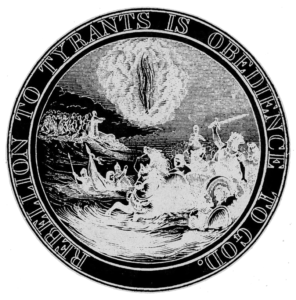TOGGLE COLUMNS (on/off):ADJUST COLUMN POSITIONS: select the column header cell and drag it where you want. show me!COPY INDIVIDUAL COLUMN(S): use CopyTables, a browser extension.
| Contribute a translation | Source (English) |
|---|---|
God of our fathers, on this Festival of Freedom we assemble in Thy house to sing Thy praises. We remember again Thy goodness of yore. Thou didst free us from the yoke of Egyptian bondage. | |
But Thou didst more, when Thou caused us to wander in the wilderness and earn the freedom we had been given. This feast of Passover comes to us as perennial reminder that Liberty has ever been one of Thy greatest gifts, one of mankind’s most precious blessings. And therefore it has been that the Jew has always made his home where liberty was not, so that liberty might make its home where the Jew was. | |
Enable us, O our God, to guide and elevate our own emancipation. Make us to be active instruments in the gaining of wider freedom and in the pursuing of it on higher levels. Grant us dissatisfaction of spirit, so that we may seek to free our souls for greater grasp and deeper vision, becoming liberated in more than body, and so that we may take eager hold of our own lives and institutions and earn, as in the days of long ago, that truest liberty which Thou hast put within our reach. | |
Make us loyal to Thee and to Israel, and therefore to the land in which we live. Make America loyal to itself and therefore to Thee and Thy significance. Bring the deathless spirit of Passover again to the leaders and masses of our country, and make them mindful of the early American motto that “Rebellion to tyrants is obedience to God.”[1] From “ Bradshaw’s Epitaph” printed in The Pennsylvania Evening Post, December 14, 1775, and widely (although possibly improperly) attributed to Benjamin Franklin. Grant that we of America crush our own tyrants of bigotry and hatred, which are fathered by fear and mothered by ignorance, and that we of Israel in America live the better for the country of our flag by doing the more for the country of our faith. Amen. |
“A Passover Prayer” was written by Rabbi Norman Salit and published in Rabbi Jacob Bosniak’s לקוטי תפלות Liḳutei Tefilot: Pulpit and Public Prayers (1927), pp. 46-47.
Source(s)

Notes
| 1 | From “ Bradshaw’s Epitaph” printed in The Pennsylvania Evening Post, December 14, 1775, and widely (although possibly improperly) attributed to Benjamin Franklin. |
|---|

“A Passover Prayer [for Jews in the United States], by Rabbi Norman Salit (ca. 1920s)” is shared through the Open Siddur Project with a Creative Commons Public Domain Dedication 1.0 Universal license.










Comments, Corrections, and Queries